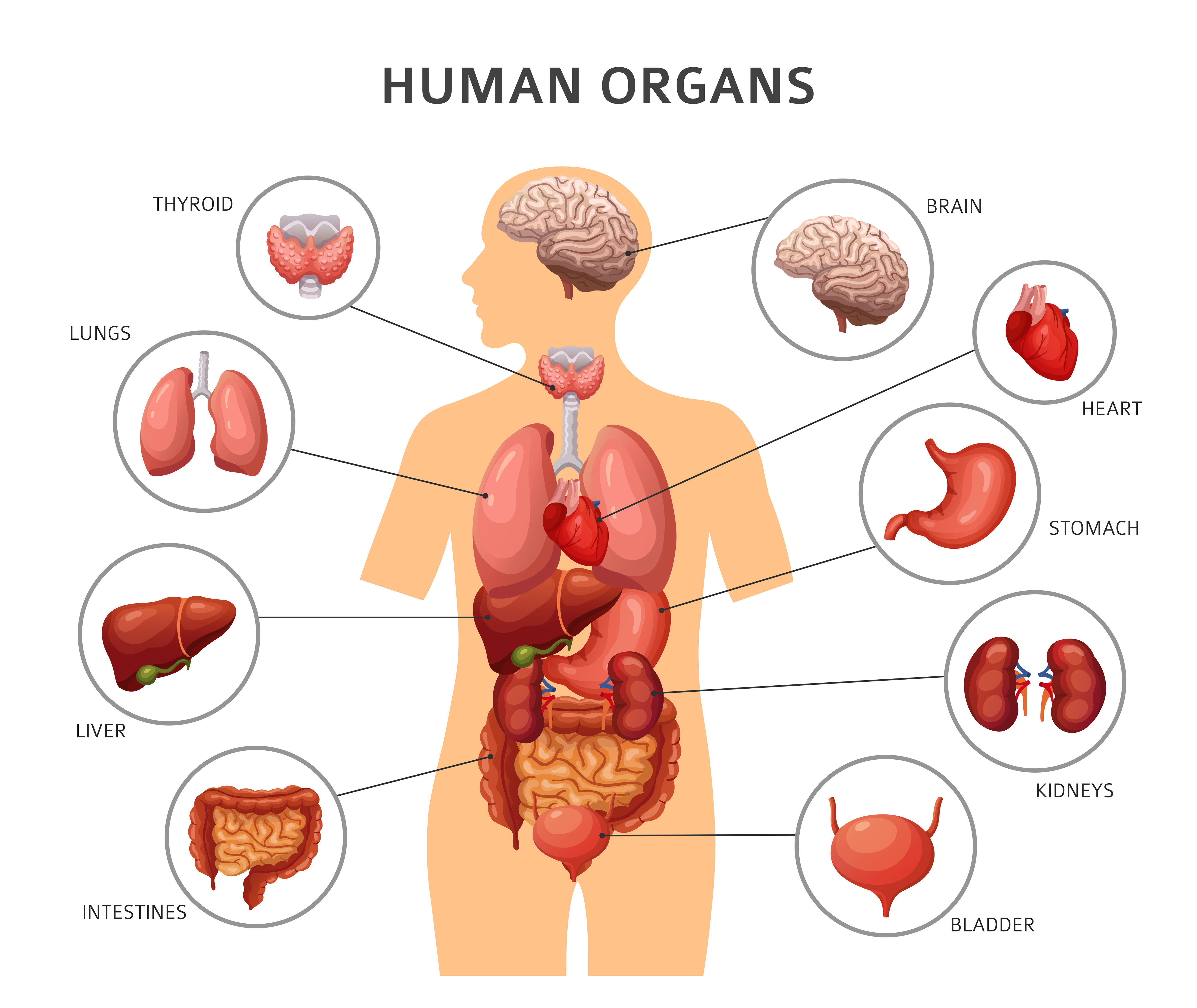

An organ is a part of your body that does a special job. For example, your heart is an organ that pumps blood around your body. Your lungs are organs that help you breathe. Your stomach is an organ that helps you digest food.
Organs are made up of tissues. Tissues are groups of cells that work together to do a special job. For example, the tissue that makes up your heart is called cardiac muscle tissue. Cardiac muscle tissue contracts and relaxes to pump blood around your body.
Different organs work together to keep you alive. For example, your heart, lungs, and stomach all work together to help you get the oxygen and nutrients you need to live.
The organ is one of the oldest musical instruments.

Noun: A musical instrument that produces sound by forcing air through pipes.
Noun: A bodily part that performs a specific function.
Noun: A large, complex organisation.
The word "organ" has two main etymologies.
The first etymology is from the Greek word "organon", which means "tool" or "instrument". This is the origin of the word "organism", which refers to a living thing that is made up of different parts that work together.
The second etymology is from the Latin word "organum", which means "pipe" or "tube". This is the origin of the word "organ" as it refers to a musical instrument.
The word "organ" was first used in English in the 14th century. It originally referred to a musical instrument, but it later came to be used to refer to any part of the body that has a specific function.
What is an organ?